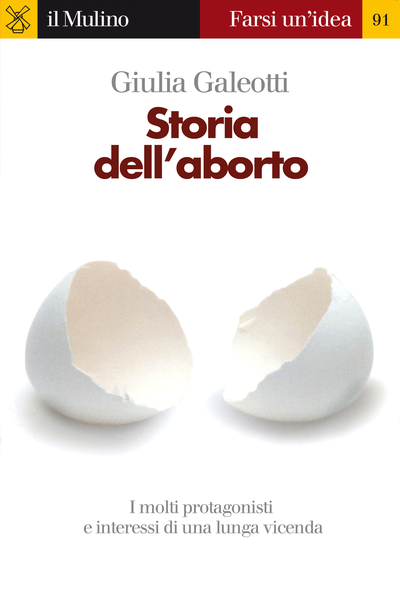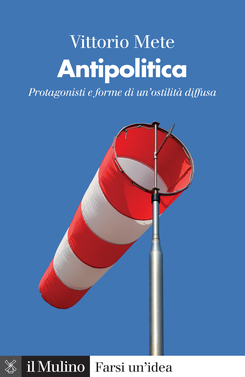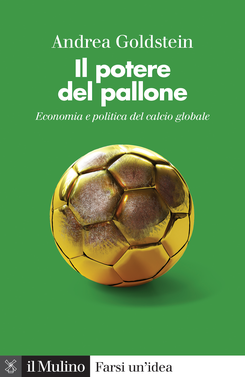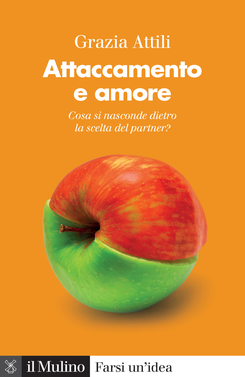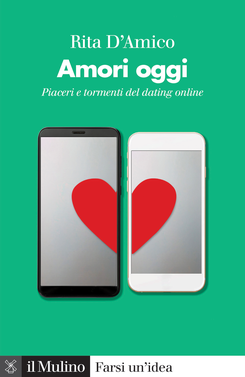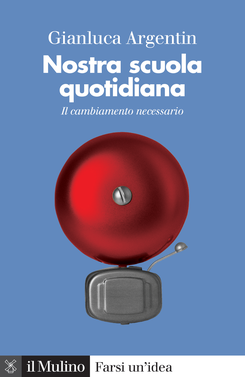The History of Abortion
In ancient times abortion was basically a women's issue, like pregnancy and childbearing. Due to meagre medical knowledge, the foetus was considered an appendage of the woman's body; indeed, only a woman could attest to her own pregnancy. So, in ancient Greece and Rome abortion was punishable only if it damaged a male's interest. With the advent of Christianity, abortion for the first time is equated to murder, but centuries would pass before the moment of a foetus's animation was identified. In the 17th and 18th centuries the foetus achieves a certain degree of autonomy due to scientific advances; after 1789 it enters into the public sphere. By punishing abortion, the State decides to favour the life of the future citizen, worker and soldier over the life of the mother. The feminist movement managed to reverse historical trends and achieve the legalisation of abortion. Today many events signal another imminent change in this issue that involves everyone, both men and women.
Giulia Galeotti holds a university degree in law and is now earning a doctorate at the University of Rome.
